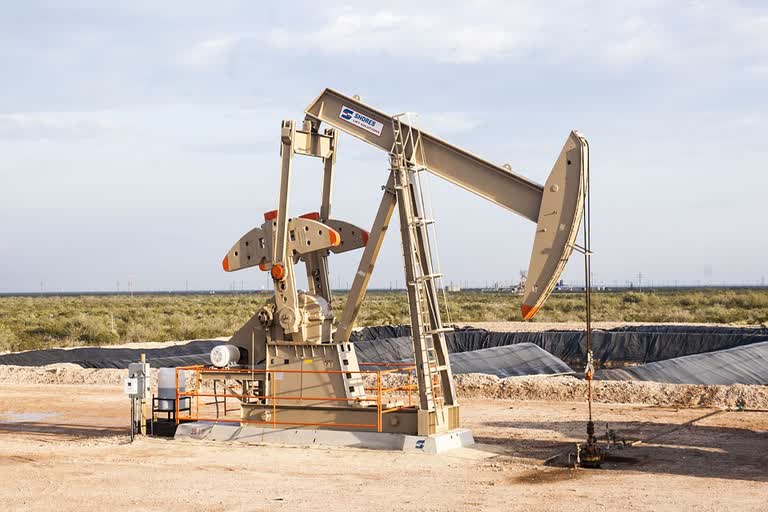Providence: The global benchmark for crude oil rose above USD 70 a barrel on Monday for the first time in over three months, with jitters rising over the escalating military tensions between Iran and the United States.
The Brent contract for oil touched a high of USD 70.74 a barrel, the highest since mid-September when it briefly spiked over an attack on Saudi crude processing facilities.
Stock markets were down as well amid fears of how Iran would fulfil a vow of “harsh retaliation.” “The market is concerned about the potential for retaliation, and specifically on energy and oil infrastructure in the region,” said Antoine Halff, a Columbia University researcher and former chief oil analyst for the International Energy Agency.
“If Iran chose to incapacitate a major facility in the region, it has the technical capacity to do so.” The US killed Iranian Gen Qassem Soleimani in Iraq on Friday. Early Sunday, as Iran threatened to retaliate, President Donald Trump tweeted the US was prepared to strike 52 sites in the Islamic Republic if any Americans are harmed.
Fears that Iran could strike back at oil and gas facilities important to the US and its Persian Gulf allies stem from earlier attacks widely attributed to Iran.
The US has blamed Iran for a wave of provocative attacks in the region, including the sabotage of oil tankers and an attack on Saudi Arabia's oil infrastructure in September that temporarily halved its production. Iran has denied involvement in those attacks.
“Targeting oil infrastructure could raise prices and bring worldwide economic pain and put Iran on the front burner,” which might be exactly the kind of message its leaders are looking to send, said Jim Krane, an energy and geopolitics researcher at Rice University.
Compared to other methods of attack, targeting energy sites also “doesn't kill a lot of people,” Krane said. “It's capital-intensive, it's not people-intensive. It's a safer option in terms of the virulence of reprisal.” It would still wreak havoc on the global economy, he said, because of the way that oil markets affect other energy-intensive industries such as airlines, shipping and petro-chemicals.
In their first day of trading since Friday's attack, Middle Eastern markets on Sunday offered a glimpse of rising economic fears.
